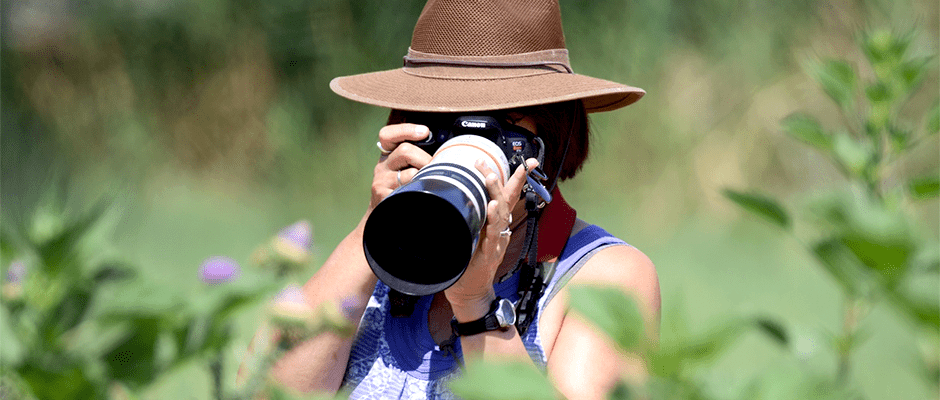Share this article
Study finds populist ‘backlash’ rising against wildlife agencies
The rise of populism in the United States is affecting a range of issues, and according to a recent study, wildlife management is no exception.
The study published in Biological Conservation found “indications of backlash from a populist hunting culture in the U.S.,” apparently in reaction to “a shift in wildlife values” away from traditional activities like hunting and fishing toward non-consumptive uses and a greater concern for animal welfare.
In states where this shift was greatest, researchers found lower levels of trust in state wildlife agencies. Researchers also found a rise in ballot initiatives to “fight back” against limits on hunting.
“As agencies try to adapt to change and appeal to a broader constituency, traditionalists feel like they may be losing power, and backlash comes into play,” said lead author Michael Manfredo, human dimensions of natural resources professor at Colorado State University. “If the traditional client group has historically provided the support for these agencies, think about the difficulty they would have in that circumstance of backlash in reaching out to new constituents.”
Between 2002 and 2004, Manfredo and his fellow researchers surveyed the wildlife values of over 12,600 people, examined hunting-related ballot initiatives and investigated the public’s trust in wildlife agencies in 19 western states.
Manfredo’s team categorized people into two value types based on their cultural attitudes regarding wildlife management — traditionalists, who believe animals should be used to benefit humans and tend to support activities like hunting and fishing, and mutualists, who prioritize humane treatment of animals and are likely to participate in non-consumptive activities like wildlife viewing.
The division presents a dilemma for wildlife managers, Manfredo said, because while agencies have historically served traditionalists, whose hunting and fishing license fees fund much of their efforts, mutualists make up a rising segment of society.
In states with more mutualism, the study found, traditionalists had less trust in the state wildlife agency and were less supportive than mutualists of more inclusive government models, resulting in a “much higher” potential for social conflict over wildlife issues.
In those states, agencies “engendered a pushback amongst the traditional constituency,” Manfredo said, “yet issues like climate change and biodiversity loss demand we be inclusive of a variety of stakeholders. Trying to advance these changes will be more difficult when you’ve got your traditional client group pulling you back.”
He and his colleagues found evidence of this cultural backlash in several ballot initiatives that sought to protect hunting rights in the early 2000s, an apparent response to initiatives in the 1990s that sought to limit hunting.
So how do wildlife agencies bring traditionalism and mutualism together and progress toward larger conservation goals?
“Better understanding different value types would be the first step to represent those groups,” said co-author Tara Teel. “It’s possible to find common ground because traditionalists and mutualists care about wildlife, but for different reasons and in different ways.”
Framing conservation around habitat protection and other shared interests can bridge this gap, she said.
“The challenge is working with traditional groups to expand that notion that just huntable populations of wildlife are critical,” Manfredo said. “There are other huge issues the public would be interested in.”
Data collection is under way for a nationwide wildlife values study scheduled for release next fall, he said.
Header Image: A photographer focuses her camera at Utah’s Bear River Migratory Bird Refuge. As public lands accommodate a wider range of users, a study found, a “shift in wildlife values” is prompting a populist backlash. ©Wayne Watson/USFWS








